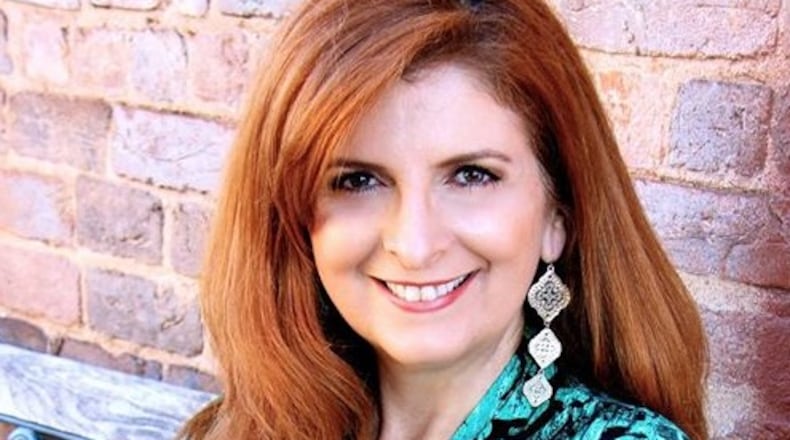“You have a magical green thumb, daddy!”
“No, I don’t. I just take care of my plants, that’s all. I was but a little boy when my dad taught me a valuable lesson. We didn’t have much money, so father planted vegetables in our backyard. One day, I was helping him sow some seeds. I had just placed some in the ground, put dirt back in the hole and was patting it with my small hands, when he said something I’ll never forget: ‘You are responsible for everything you sow, son. If you don’t water these seeds, they will not grow. And if you don’t take care of the plant, it will certainly die.’”
We were talking about the beauty of his front yard when he told me this story. As it has happened a thousand times before, my 83-year-old father was once again inadvertently imparting the wisdom he portrays in life. If I’ve ever met a man who knows how to care for what he loves, that man is my dad.
“You reap what you sow, more than you sow, and later than you sow.” Dr. Charles F. Stanley – Life Principle #6
I’ve been blessed to be a member of Dr. Stanley’s church for 18 years. His Life Principles bible has been a favorite since it was originally published in 2005. Within its pages, the pastor and bestselling author included 30 life principles based on lessons found in various passages of Scriptures.
I personally call it “the farmer’s principle,” and it could not be any simpler: Farmers know that they cannot expect an apple orchard where they planted orange seeds. They also know that one single seed can bear a tree that produces hundreds of fruits. Lastly, even though some crops may yield a harvest rather quickly, one usually must wait a while before reaping any fruit. It’s a simple principle, nevertheless pregnant with depth.
There is hardly anything sadder than to witness this principle portrayed in the life of someone who either did not care for the seeds God gave him, or allowed weeds to kill the beauty of his crop. I once knew a man whose life was a perfect translation of this metaphor. He spent his youth accumulating wealth with little regard to family, taking advantage of people and doing whatever it took to get ahead. Money and pleasure: Those were his gods. As he grew old, bitterness and loneliness were the harvest his life yielded. My heart ached for him.
On the other hand, I have witnessed people like my dad and others, whose choices and commitment to take good care of their family and friends yielded a life filled with peace and joy in their old age. People like that are usually never alone to endure life’s trials, and their countenance displays the peace and joy that only God and a clean conscience can bring.
The apostle Paul used the farmer’s principle in his letter to the Galatian church to admonish first-century believers: “Do not be deceived, God is not mocked; for whatever a man sows, that he will also reap.”
There’s a reason his admonition starts with a warning: “Do not be deceived.”
Truth is, no one makes a conscious decision to destroy his or her own life. Whether out of impulse, selfishness or anger, we usually do not stop to think of the future consequences of our actions … or neglect. No one thinks: “My child will resent me for this when she grows up. We will not have a good relationship. I’ll do it anyway.” Nope. We wreck relationships and build mistrust because we are deceived into thinking that our actions will have no harsh consequences. That is simply not true.
Whether you believe in God or not, this principle is tested and proven, certain and true: there is a time appointed for the harvest, and it is usually much later than when it is sown. The question is: Are we planting love, compassion, forgiveness, righteousness and grace, or rather, seeds of neglect, selfishness, immorality and corruption?
Our answer determines the fruit our lives will yield, and the peace or turmoil we will experience in the future.
About the Author
Keep Reading
The Latest
Featured


